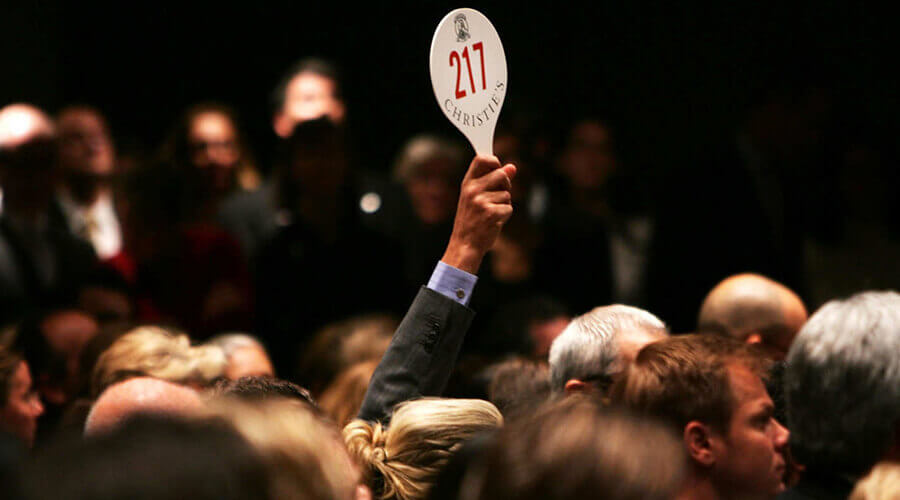In a competitive hospitality market, it’s natural to want to steal a little attention, especially when there’s a new hotel down the street hogging the spotlight.
NB: This is an article from Three&Six, one of our Expert Partners
Subscribe to our weekly newsletter and stay up to date
Maybe they just launched. Maybe they refreshed their brand. Maybe they’re just plain annoying. I won’t judge.
Whatever the case, they’re popping up in search results, and you’re thinking: Should I insert my hotel into that conversation?
Bidding on competitor keywords in Google Ads might seem like a clever move. If someone’s already looking for a hotel, why not give them a reason to pick yours instead?
But in practice? It’s usually more headache than high return.
Before you throw budget at someone else’s name, let’s break down why bidding on competitor brand names rarely works, and where your money works a lot harder.
TL;DR
- You’ll enter a bidding war (and pay the price).
- Google’s algorithm won’t favor you (because, well, you’re not them).
- People searching for a hotel by name already have strong interest or familiarity, making it harder to divert them.
- You risk retaliation (hello, budget black hole).
- There are way better places to invest your money (non-brand targeting, SEO, brand defense, retargeting).
Spoiler alert: It’s usually a waste of your budget. Don’t believe me yet? Stay with me.
Why Bidding on Competitor Brand Keywords Leads to Higher Costs
Let’s be blunt: your competitors will defend their name like it’s their last slice of birthday cake. They’ve likely built strong authority over time and will outbid you to stay on top of search results.
If you start bidding on competitor’s brand names, they could retaliate by targeting yours. Which means higher costs and lower return for both of you. (Boooo, now nobody wins).
You’ll end up paying more for a worse position in search results. Not exactly the ROI you had in mind, unless lighting money on fire was the plan.

Low Quality Score & CPC Issues with Competitor Brand Bidding
Google’s algorithm isn’t on your side. When someone searches “Hotel Sunshine,” Google assumes they want Hotel Sunshine. Your website? Not Hotel Sunshine. So Google scores you lower, hikes your cost-per-click (CPC), and makes it harder for your ad to appear.
Even if it does show up, that click? Likely to bounce fast when they realize they landed somewhere unexpected. Bad news for your click-through rate (CTR), even worse for your return on ad spend (ROAS).
And here’s the kicker: Google rewards ad relevance. If the keyword isn’t in your ad copy and it’s not on your landing page (because what hotel in their right mind is name dropping their competitor?), you’re starting with a disadvantage. You can’t legally use a competitor’s name in your ad headlines, and your landing page probably won’t mention them either. That means your Quality Score drops, and your CPC rises, often significantly higher than what your competitor is paying to show up for their own name.





